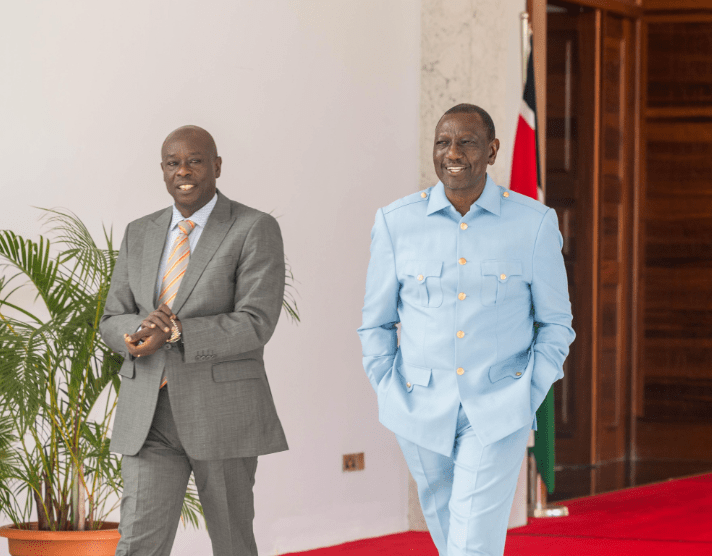Ksh11b set aside for blue economy

by Kepher Otieno
The State has allocated Sh11.3 billion in the budget to efforts to harness and explore opportunities in the blue economy, which holds immense promise for sustainable development and economic growth.
Oceans, seas, and coastal areas contribute significantly to economic growth, just like fisheries, aquaculture, maritime transport, and coastal tourism generate income and employment opportunities.
Sustainable fisheries and aquaculture play a vital role in meeting the growing demand for seafood. By managing marine resources effectively, the blue economy contributes to food security. Kenya has a share of about $2.4 billion of the western Indian Ocean economy and it has lately been pursuing programmes to tap its potential in this critical sector.
Coast tourism
Coastal tourism takes the largest share of about $1.5 billion annually. Compared to Kenya’s GDP of about $60 billion, this contribution is only four percent to GDP.
Kenya lies in the lucrative tuna belt. It is estimated that the country has 150,000-300,000 metric tonnes of fish in her expansive 200,000 nautical-mile exclusive economic zone.
Treasury Cabinet Secretary, Njuguna Ndung’u said more efforts should be directed to investing in sustainable management and development of offshore tuna resources.
This is in line with the Kenyan government’s blue economy agenda.
“Today, our oceans, lakes, and seas are fundamental to life on Earth, covering nearly three-quarters of our planet. They produce more than halfthe oxygen that we breathe,’’ said ecologist Elizabeth Okinda.
Nyanza leaders has been more concerned about harnessing the potential of Lake Victoria, the world’s largest tropical lake, in its new blue economy drive. Consequently, they have come up with an action plan to implement the inland blue economy, which Kisumu Governor Anyang’ Nyong’o claimed is long overdue.
“We would have done this many years back but better late than never,’’ Nyongo said.
He noted that the national Third Medium Term Plan of Kenya’s Vision2030 development blueprint flags the revival of the blue economy as key to promoting the sustainable use of inland water resources.











